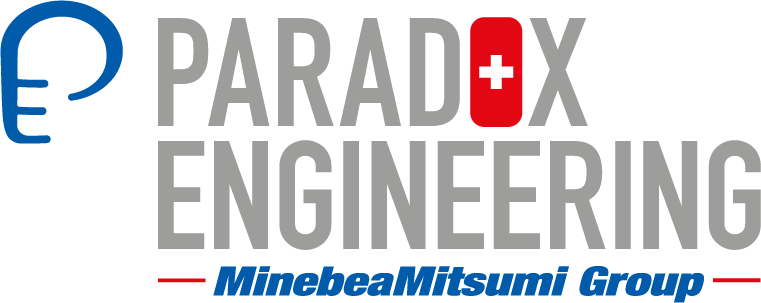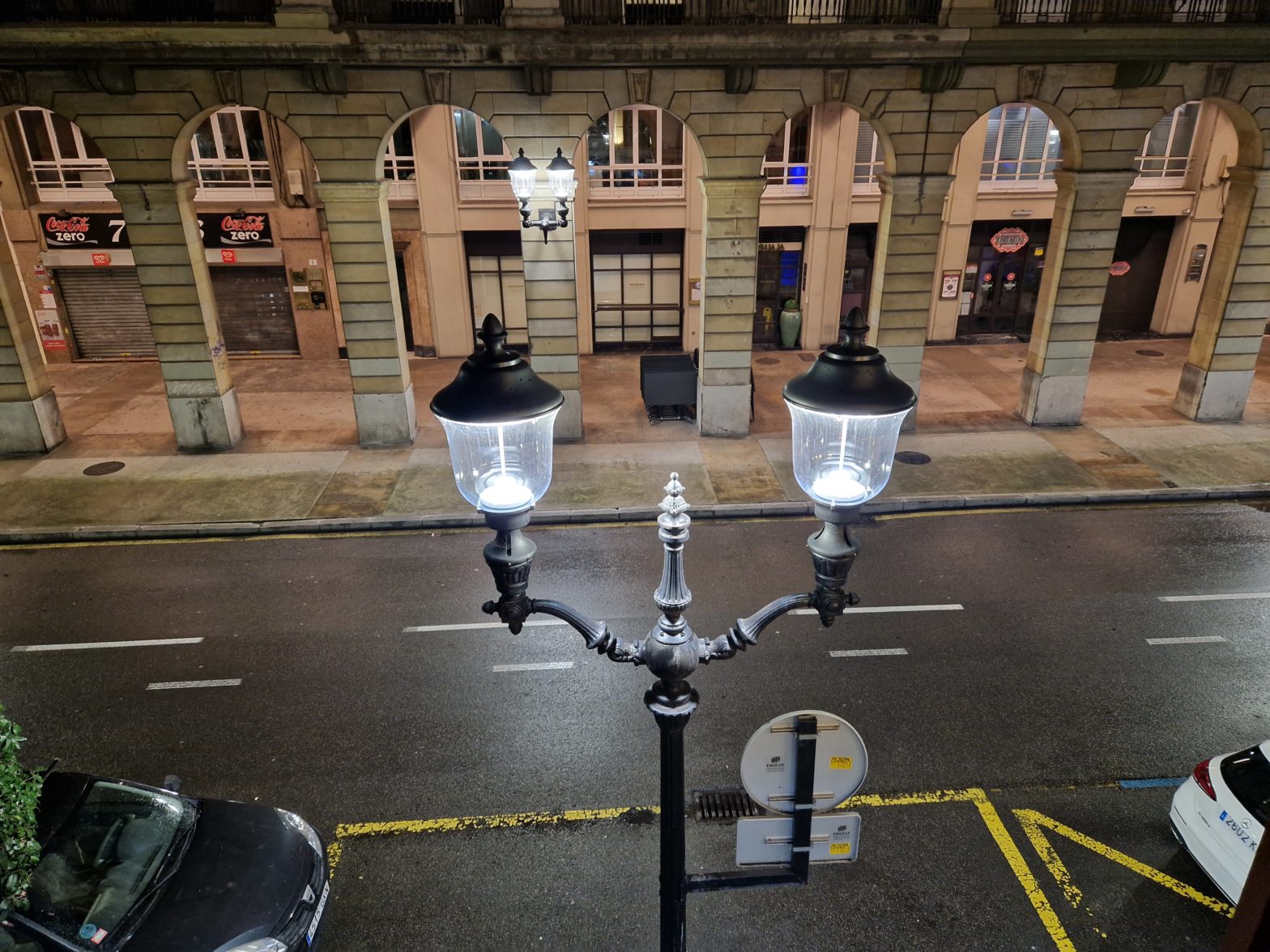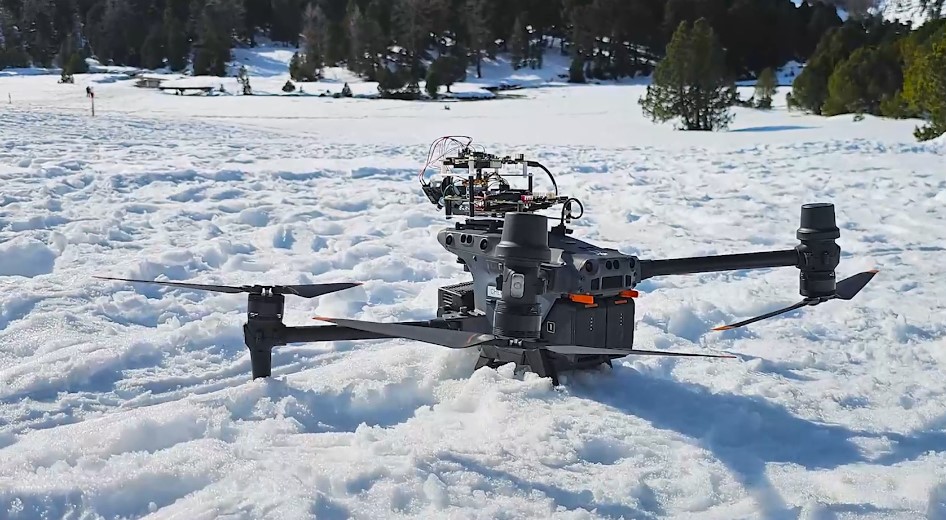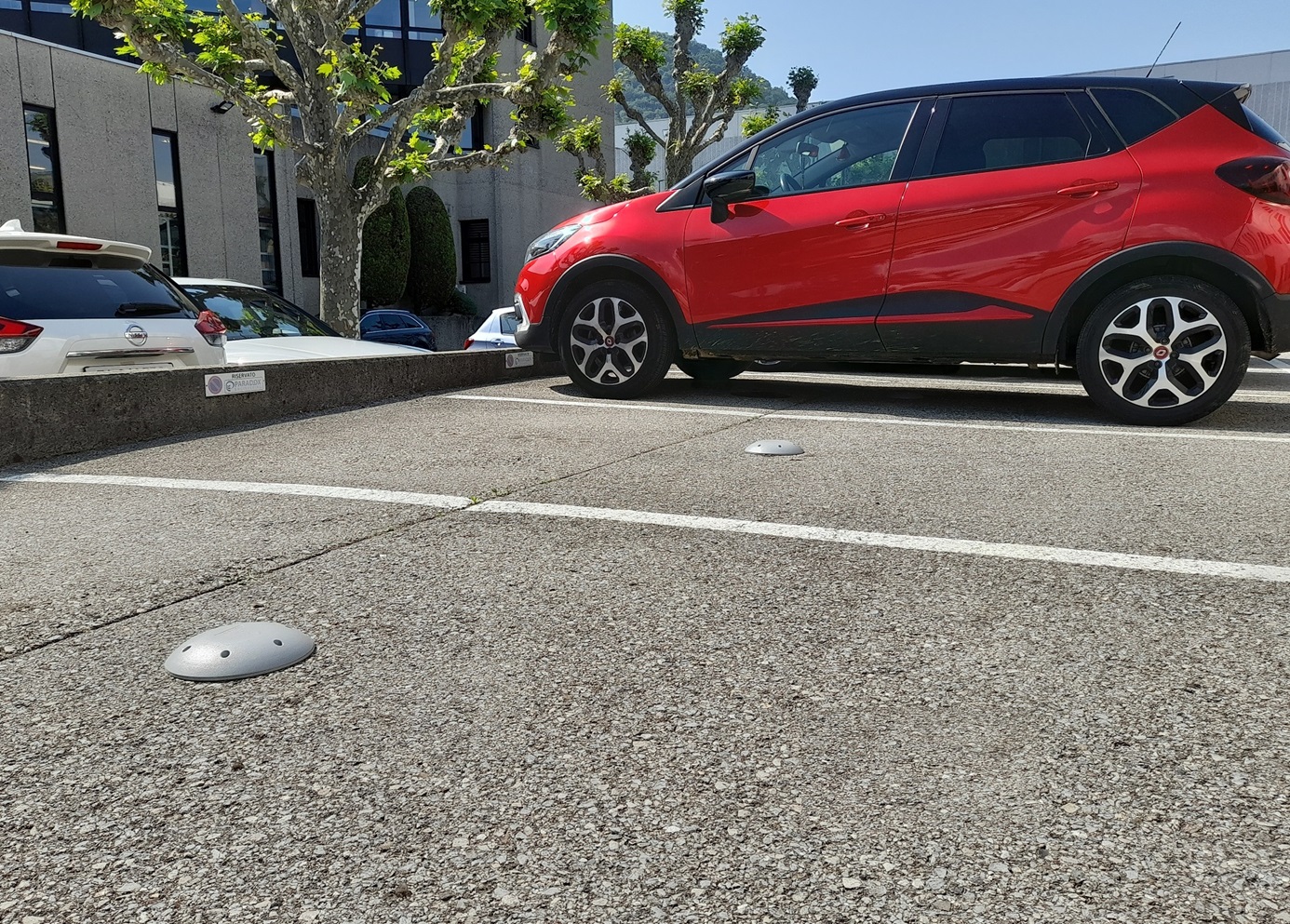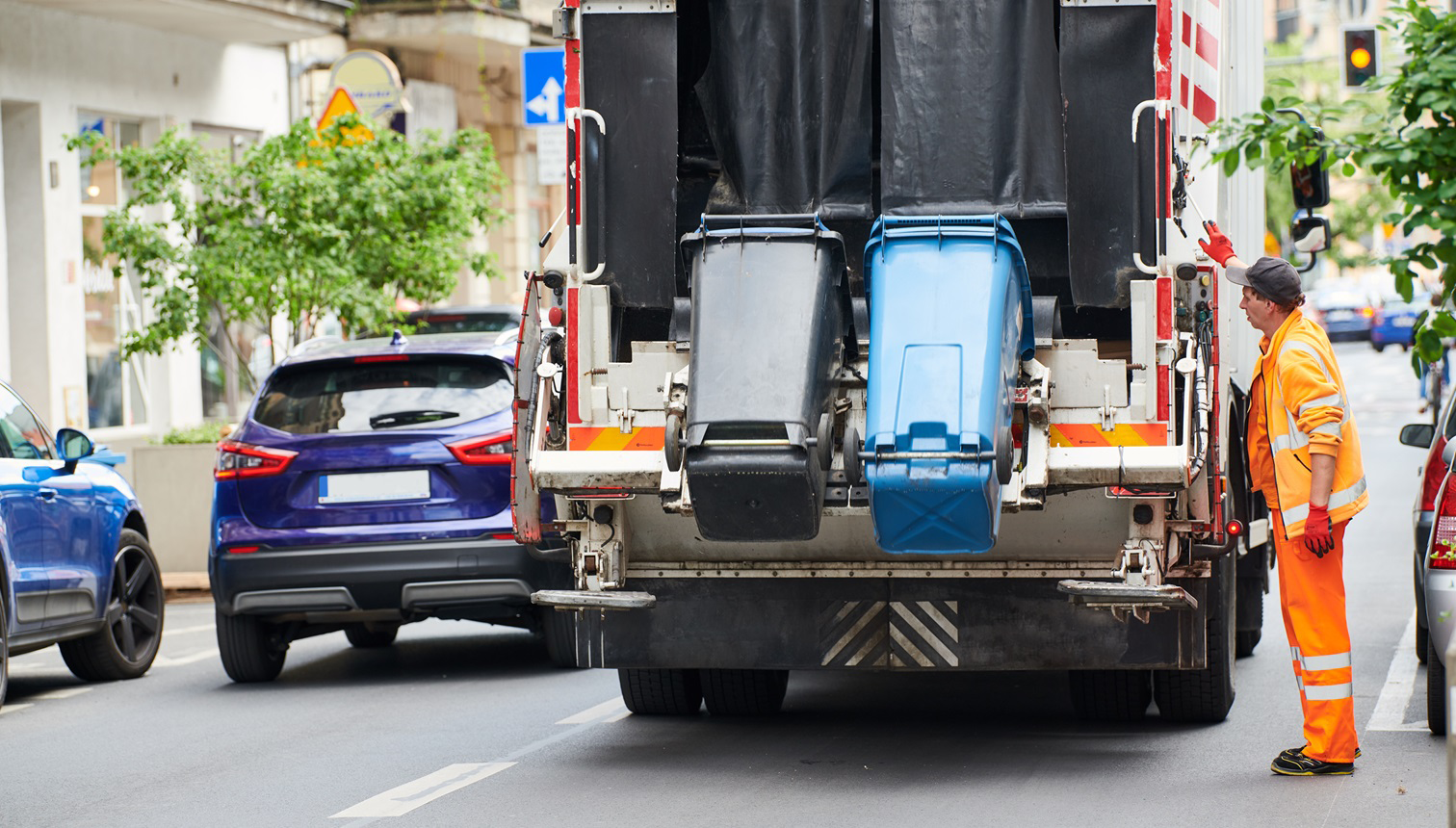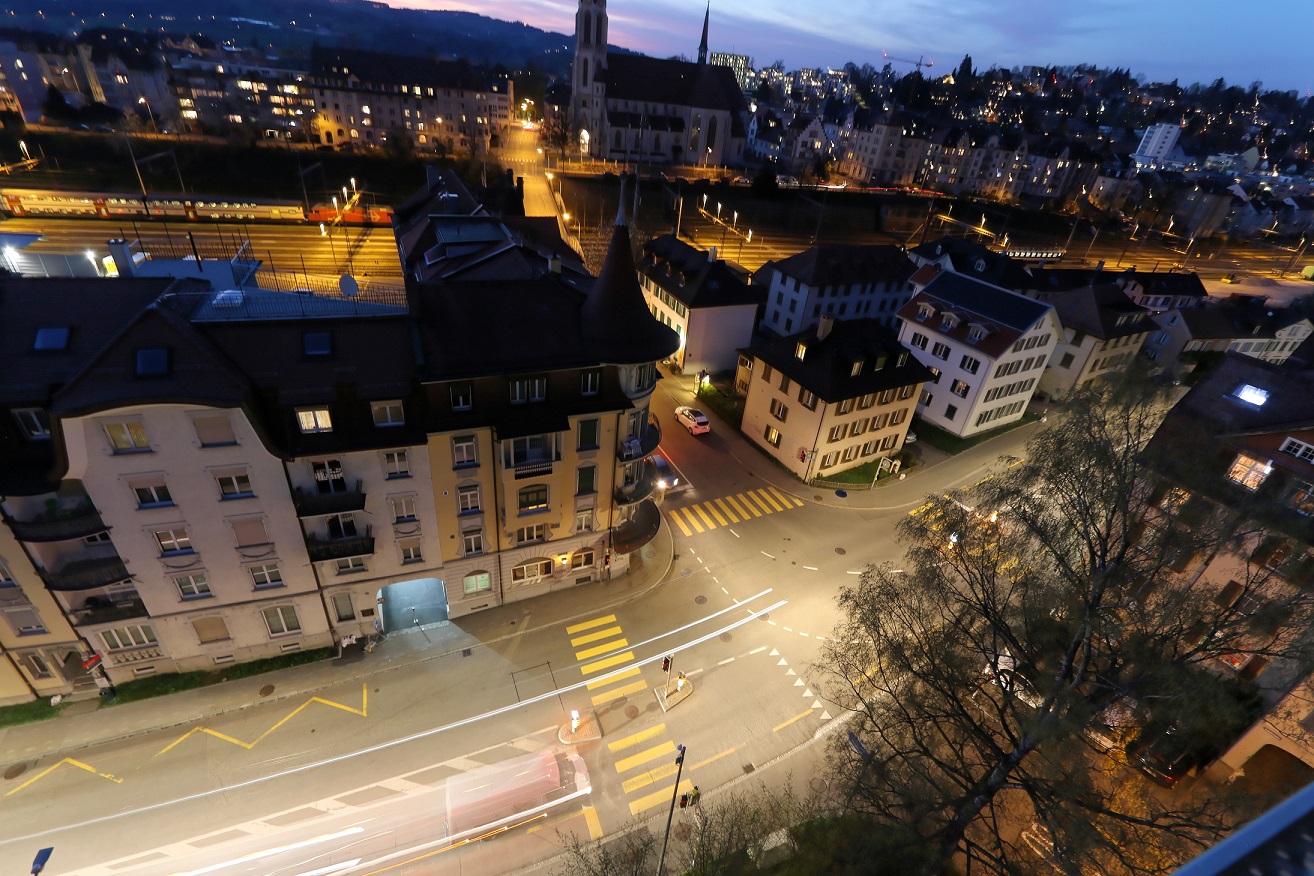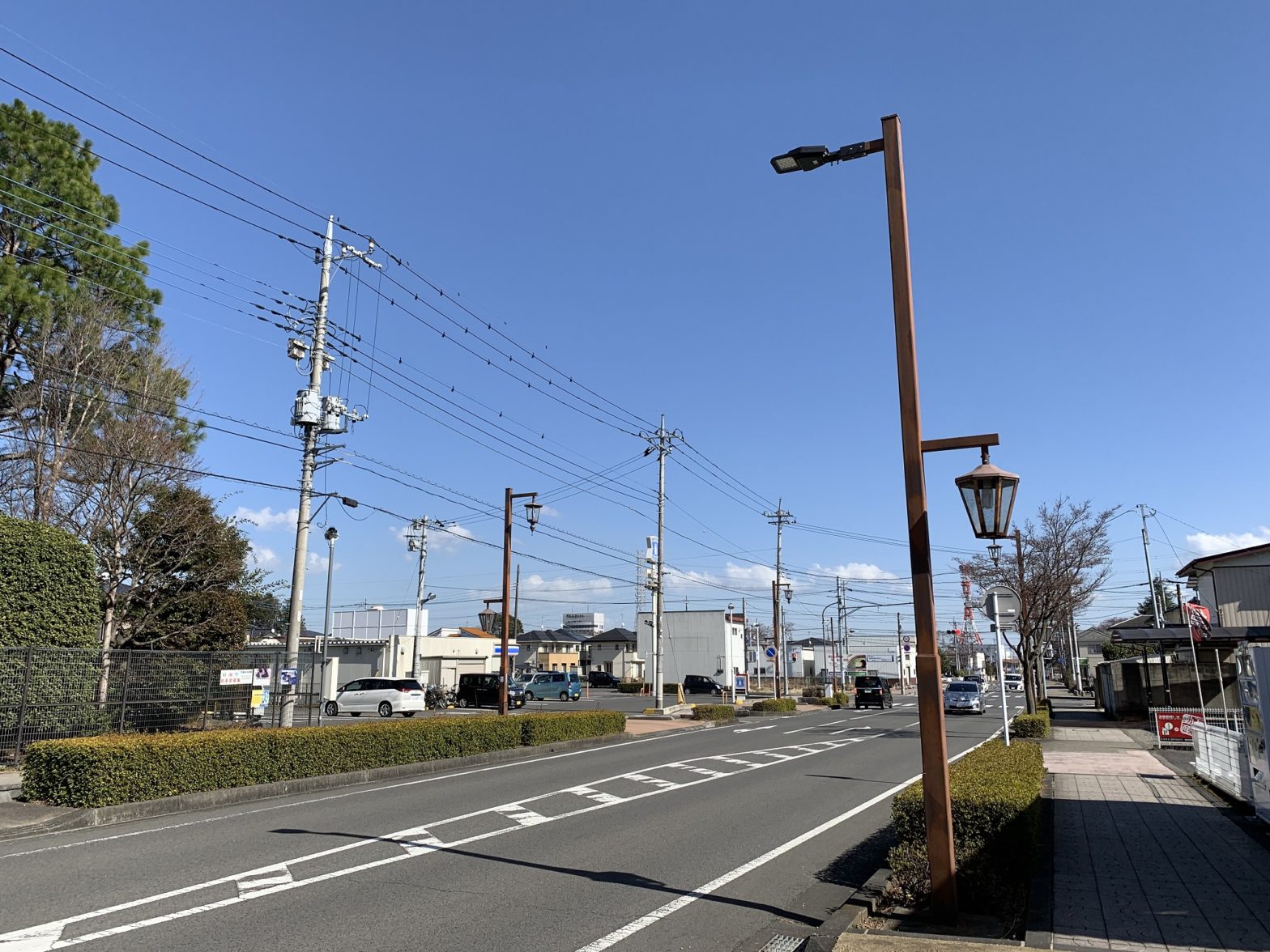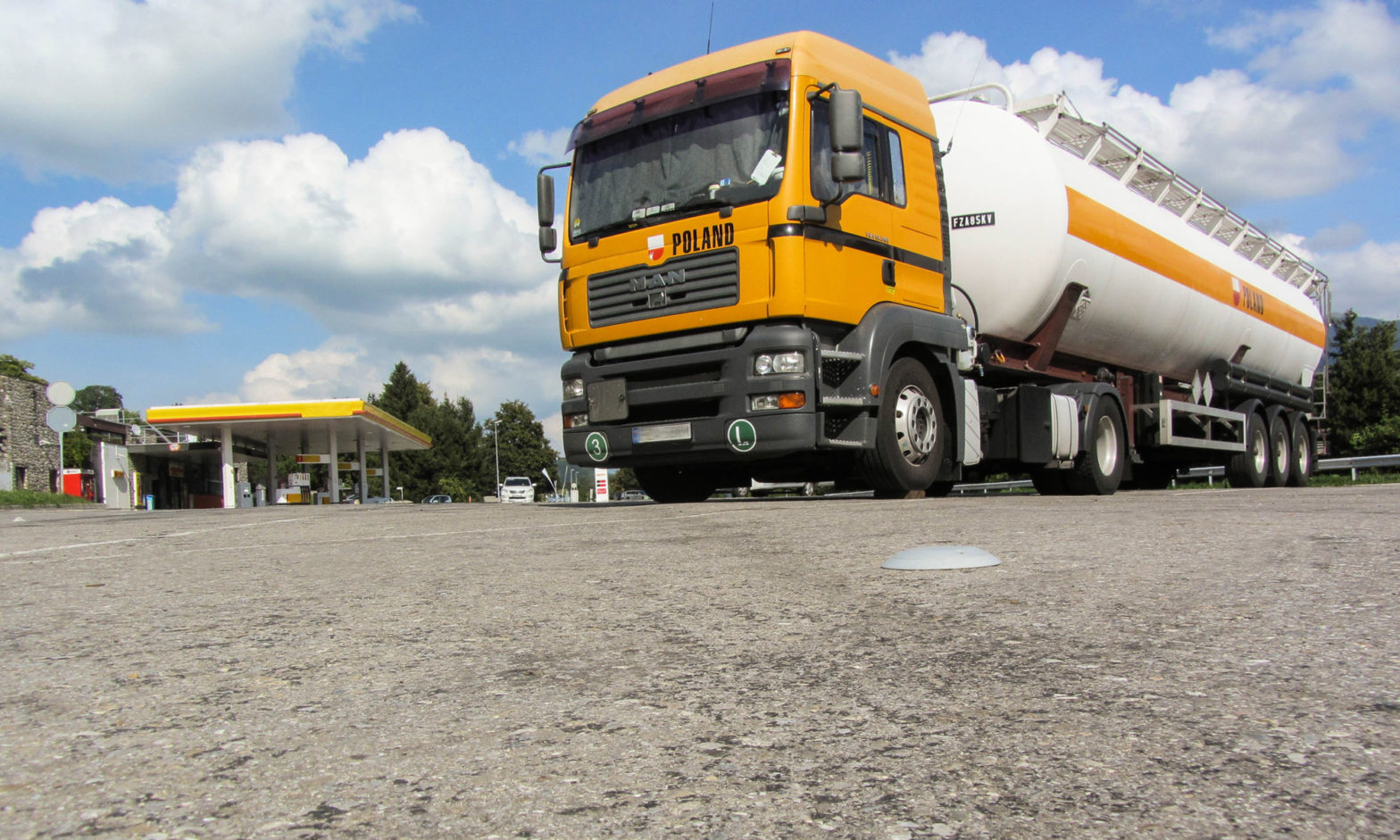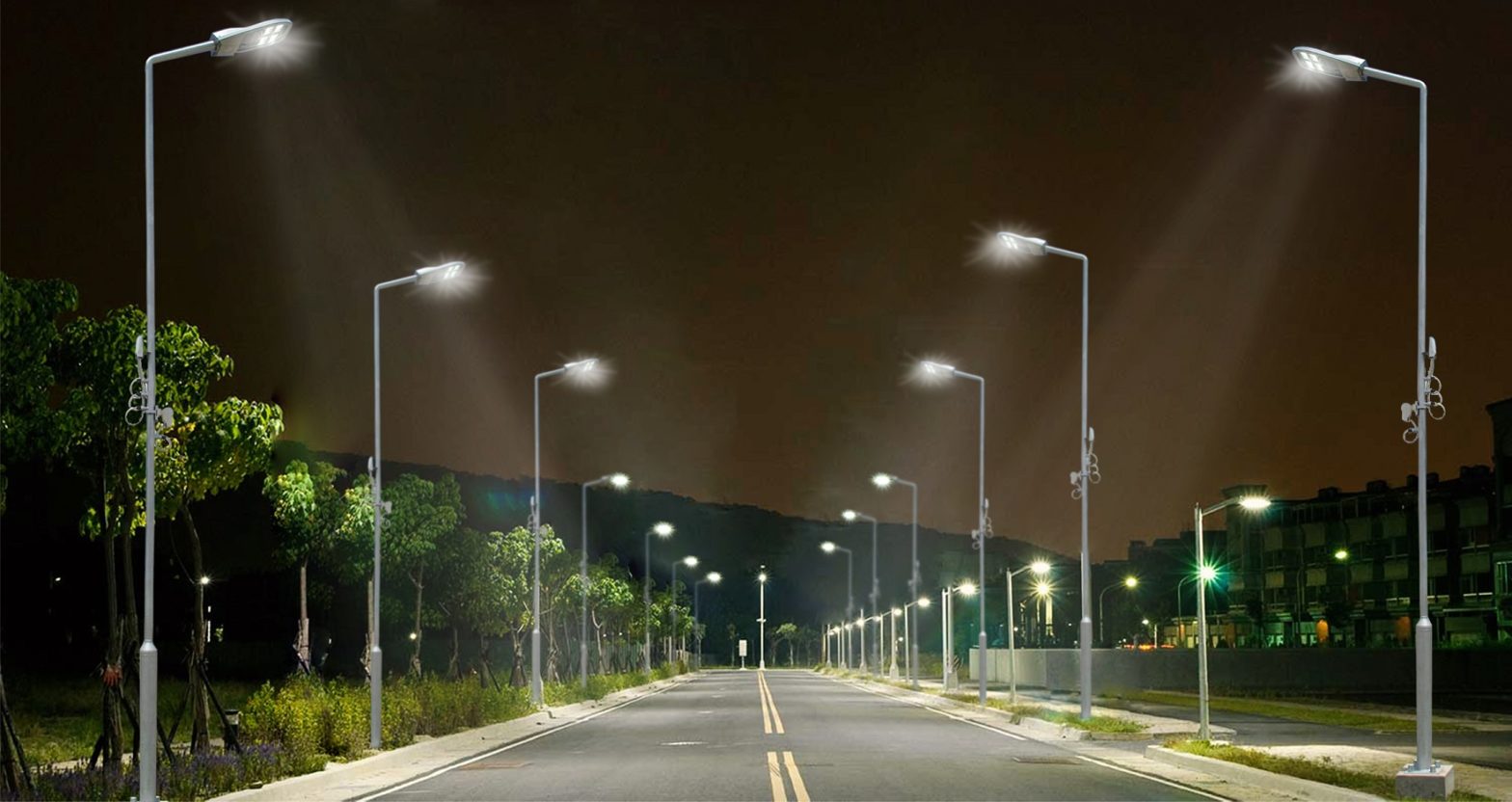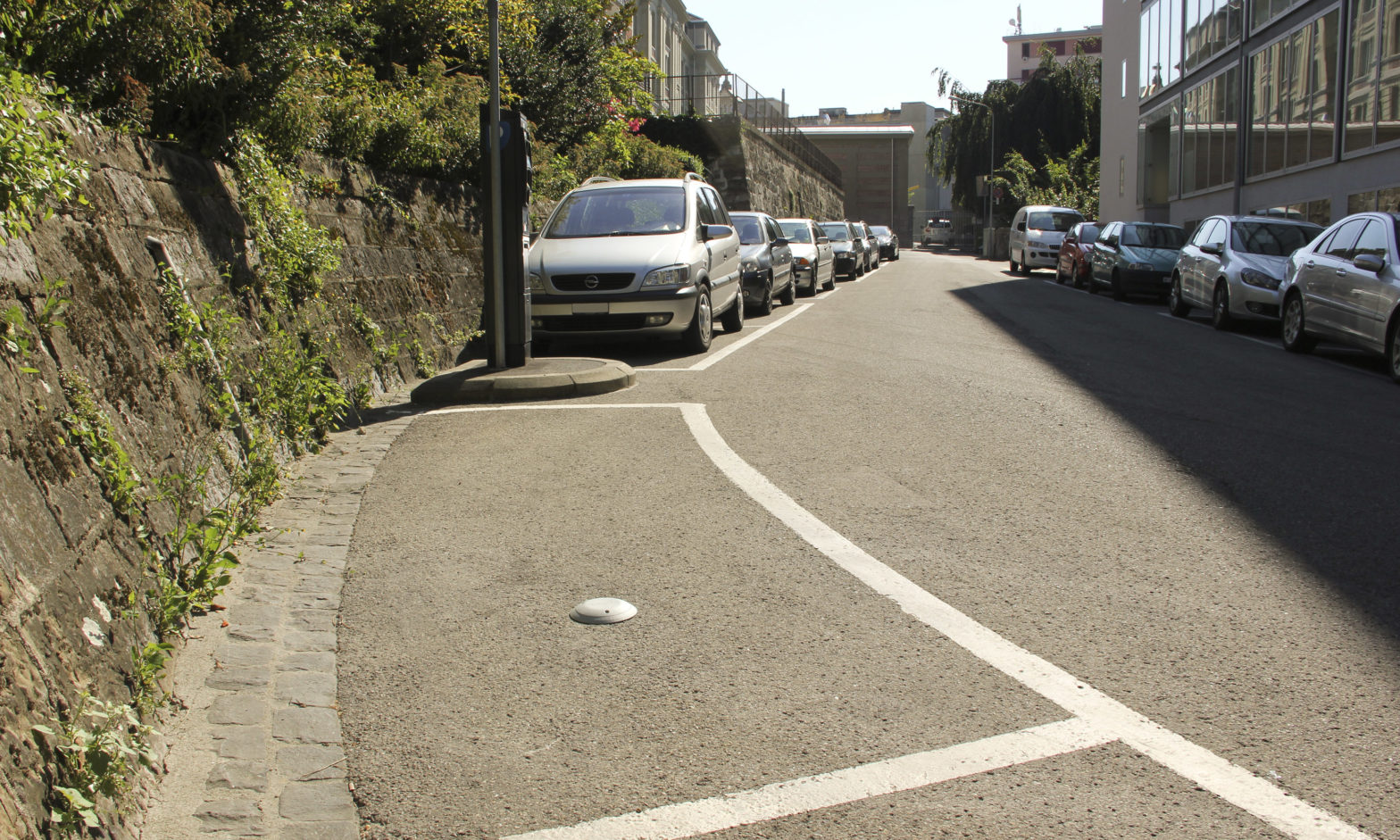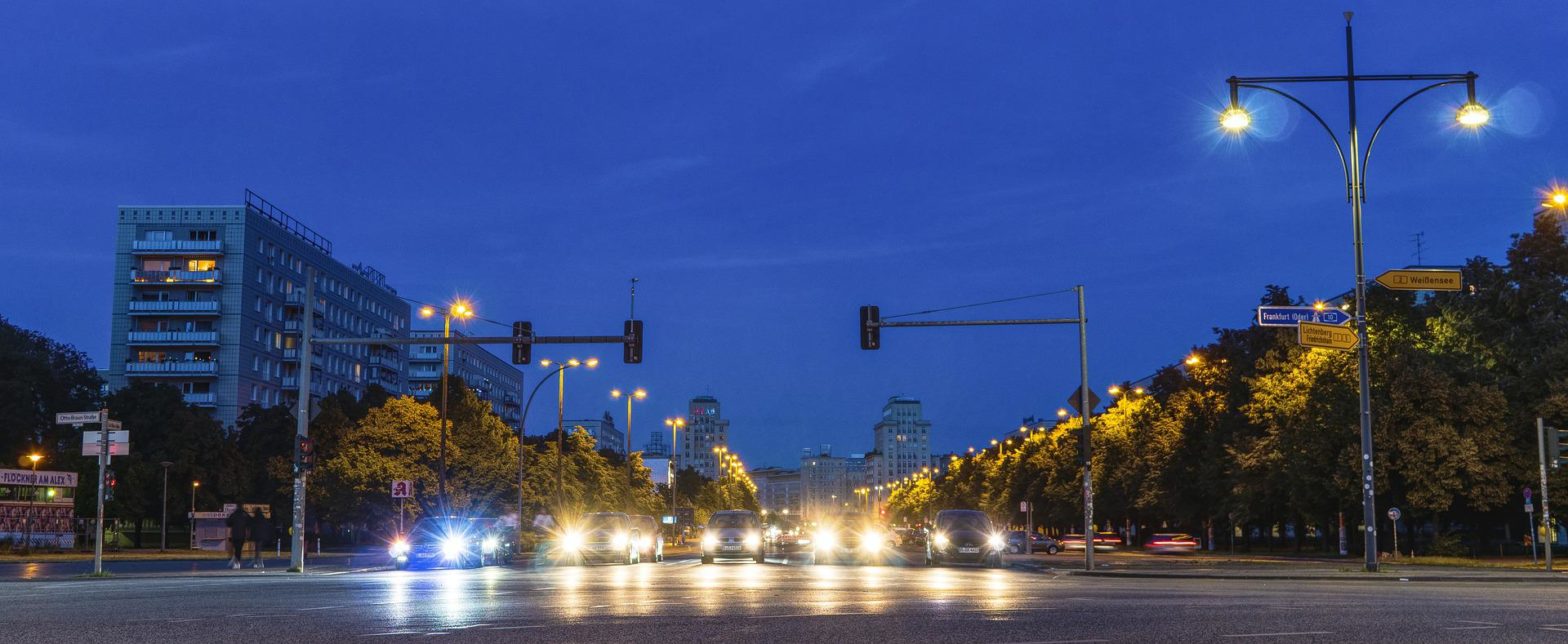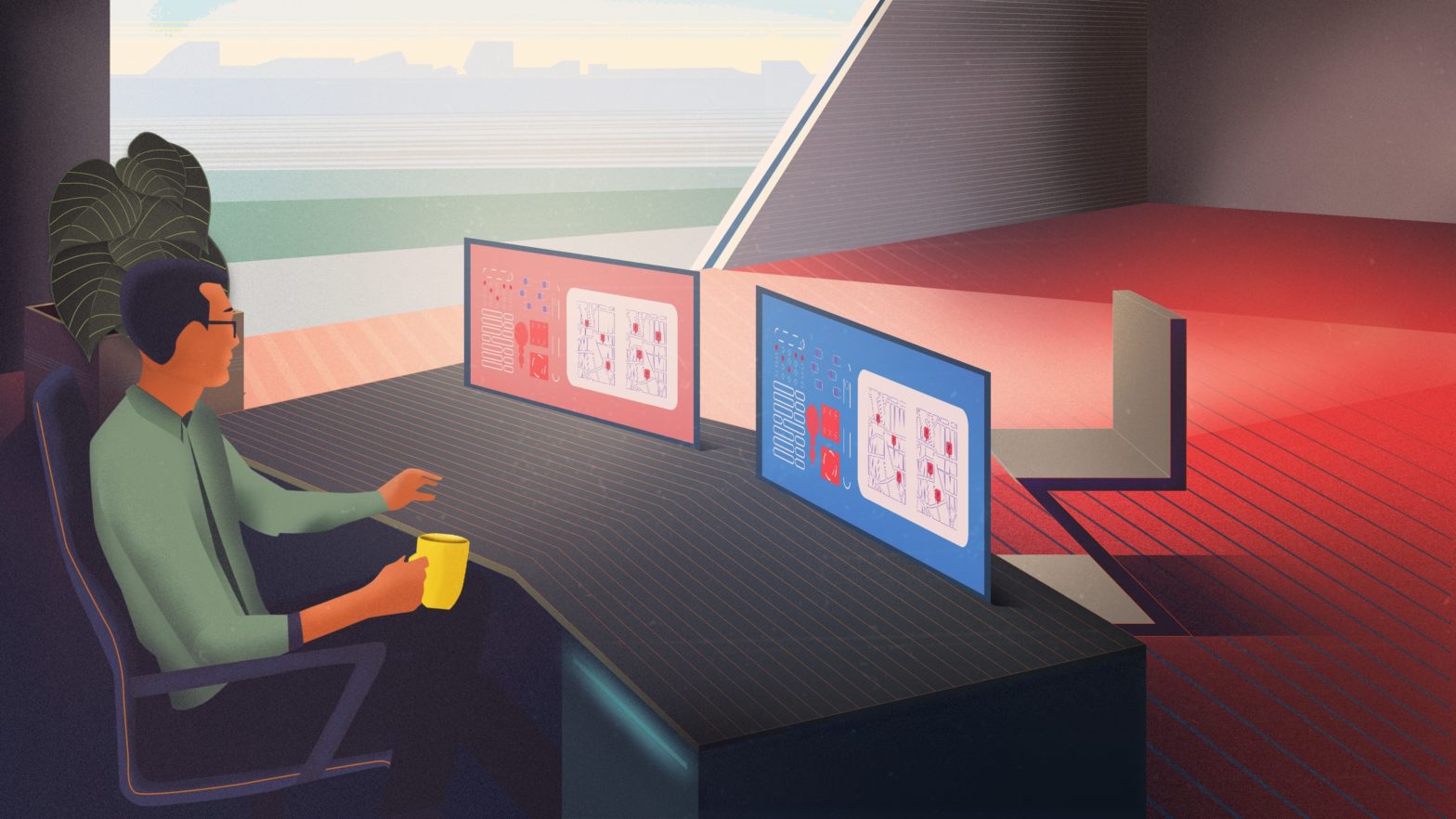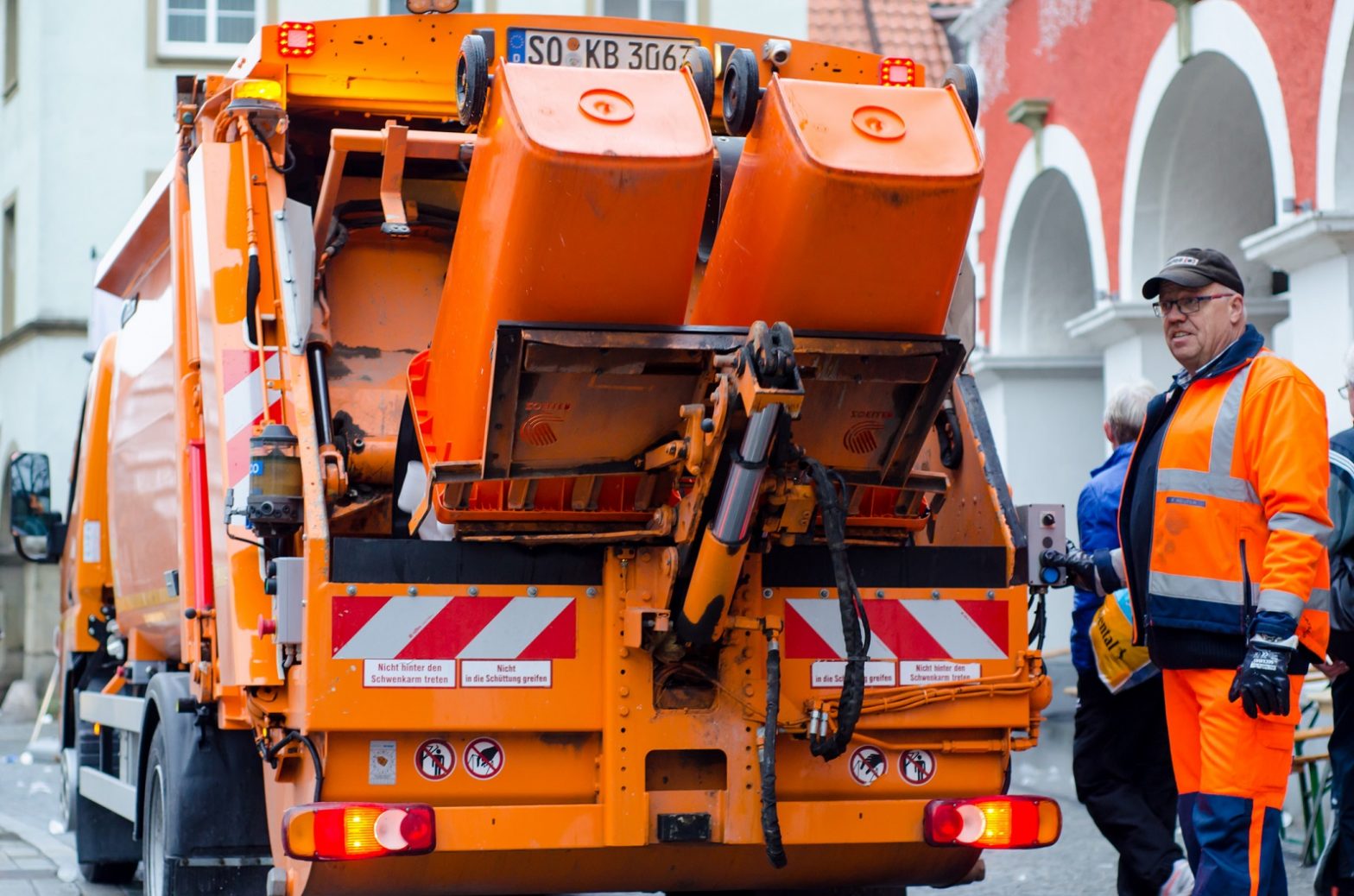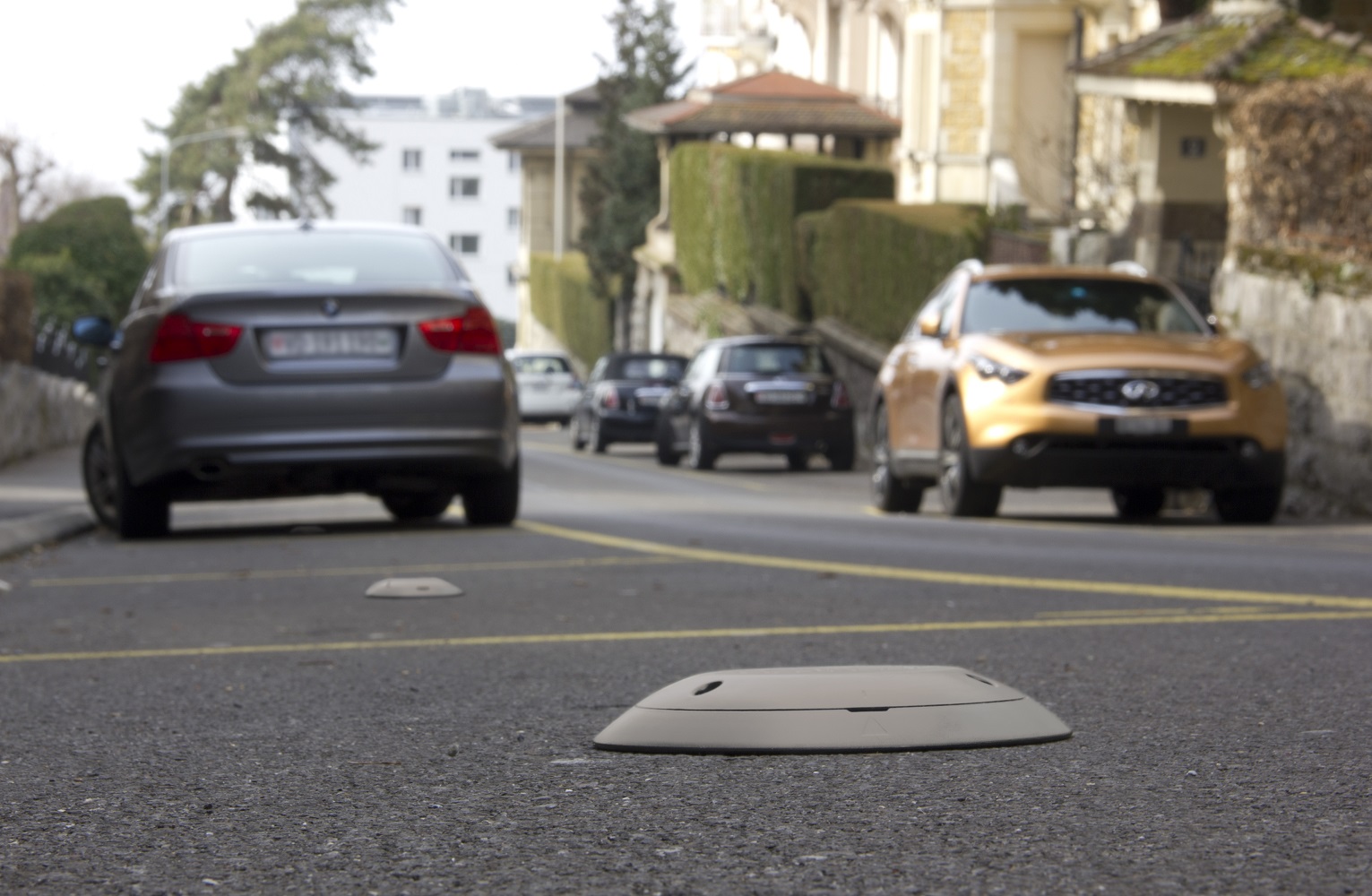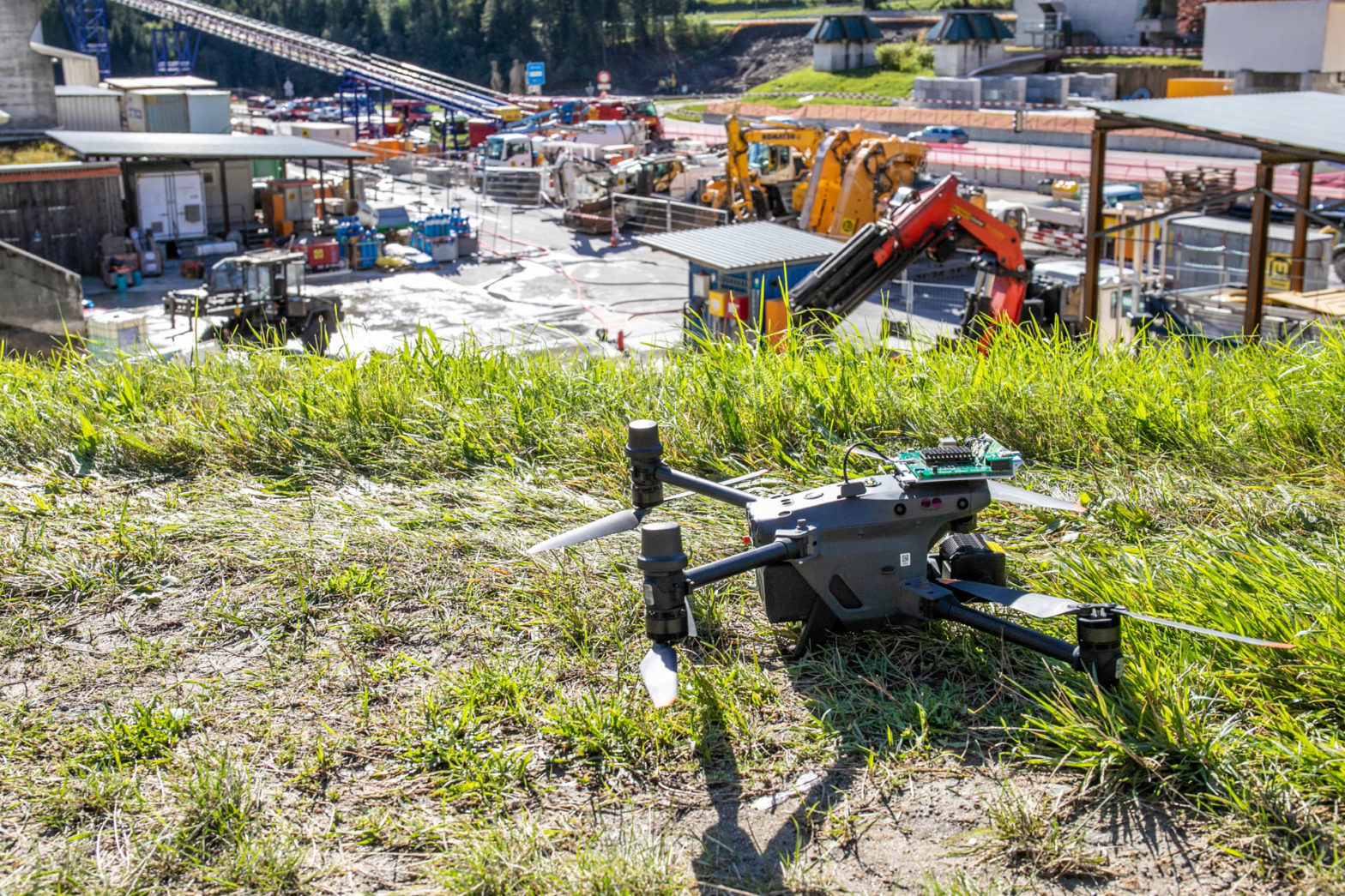
Photo: SUPSI/Paradox Engineering
Transforming urban living with drone-based solutions
15 October 2024
The global market of drones is expected to generate a turnover of several billion dollars by 2025, with projections to reach upwards of US$40 billion by the end of the decade. Drones are increasingly used in industrial environments, but a substantial portion of the estimated global growth is related to urban applications.
In recent years, drones have emerged as powerful tools capable of addressing various urban challenges. Consider for instance congestion, an issue that most cities are confronted with: drones equipped with cameras and sensors can support the monitoring of traffic patterns and real-time intervention when and where needed. Collected traffic data can be analysed to define more effective traffic management strategies, such as optimising signal timings or redesigning the most congested road. Some cities are even piloting drone-based delivery services to reduce the number of delivery trucks on the road.
Infrastructure maintenance is another promising field of application. As cities need to advance the inspection of urban infrastructure including bridges, roads, and key buildings, drones can become an efficient way to replace extensive and time-consuming manual surveys.
Drone technology can also be leveraged to improve emergency response and public safety, as demonstrated by the Fly-Discovery project which is being piloted in Switzerland.
An innovative drone-based localisation and tracking system
Fly-Discovery stems from the fruitful collaboration of the ISEA Institute at the University of Applied Sciences and Arts of Southern Switzerland (SUPSI) and technology vendor Paradox Engineering. Their goal was to use autonomous drones to develop a system for the localisation and tracking of people and objects over large areas.
The team examined the pros and cons of the Ultra Wide Band (UWB) technology, which allows highly accurate tracking in both indoor and outdoor environments but is limited to confined areas since it requires the installation of fixed reference points. Funded by the Swiss innovation agency Innosuisse, the Fly-Discovery project makes use of UWB technology by combining an autonomous drone with electronic tags that can be worn or integrated into environmental sensors or similar objects.
This enables the fast and precise tracking of resources spread over large areas and makes the system extremely versatile, ready to be used in various contexts, including emergency situations where first responders need to have directions to locate missing people.
“Thanks to the successful collaboration between electronic, IT, mechanical engineers, and drone experts, the results exceeded our expectations,” said Samuel Poretti, Head of RF Electronics and Telecommunications at ISEA. “Collaborating with a telecommunications company with extensive experience allowed us to develop cutting-edge technologies and a product that leverages the latest advancements in UWB.”
“The Fly-Discovery project has introduced multiple innovative elements, resulting from the synergy between the university’s multidisciplinary expertise and our company,” said Gaetano Calabrò, Project Manager at Paradox Engineering. “This is an example of successful collaboration, opening new prospects and enriching our offering.”
Fly-Discovery has been recently tested by St. Gotthard intervention team and Bellinzona fire brigade. The successful outcome paves the way to the finalisation of the project and new possible applications in urban environments.
About Paradox Engineering
Established in 2005 and headquartered in Switzerland, Paradox Engineering is the Internet of Things (IoT) Excellence Centre of MinebeaMitsumi Group. The company pioneers technologies to implement highly scalable IoT network solutions, from edge devices to management platforms, to control critical public services such as streetlighting, parking management, municipal waste collection, and environmental monitoring. Thanks to intelligent technology solutions, Paradox Engineering strives to unleash opportunities for people and communities, helping the transition towards more liveable, sustainable, and smarter cities.
For further information, please visit Paradox Engineering’s website



